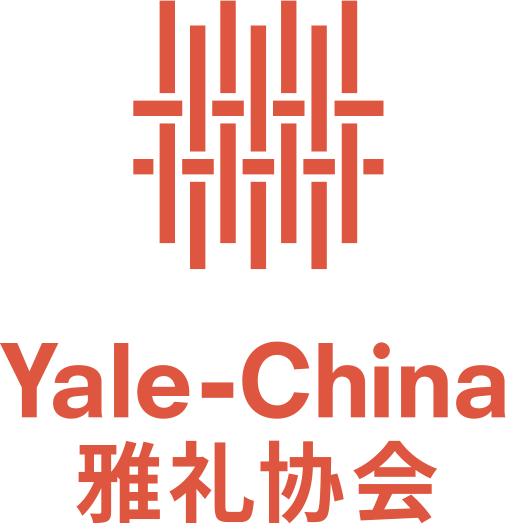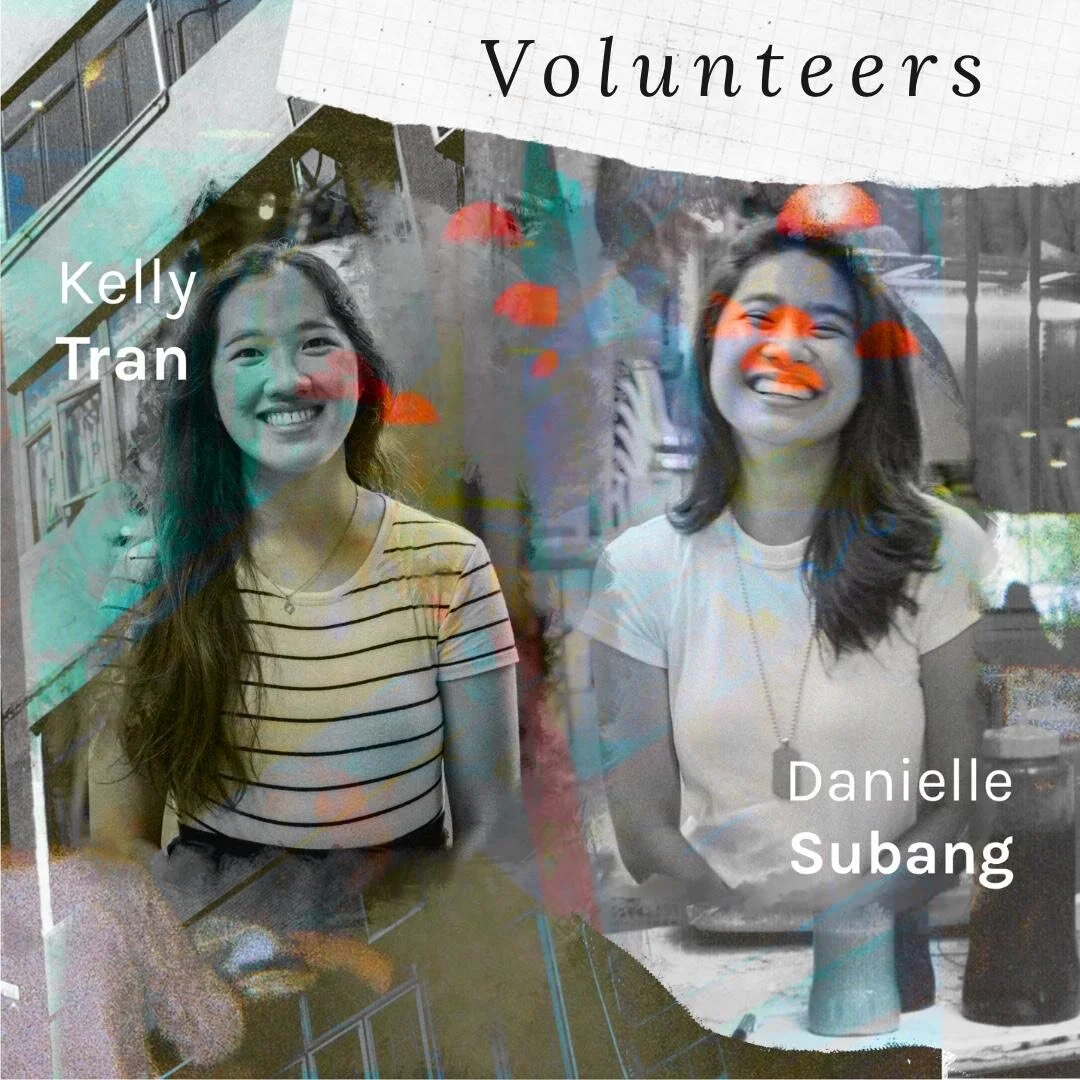Snapshots
Yale-China Fellows Updates
By Andrew Junker
Hong Kong director Andrew Junker reports out on the annual wellness campaign hosted by New Asia College at The Chinese University of Hong Kong. Andy, Kelly, Sharyn, and Victor all placed, with Kelly finishing in the top overall. Congrats on healthy living!
By Waillis Lee
COVID has brought new journeys to many of us. Over the past two years, we have all had to make adjustments to our habits, to our ways of life because of social distancing, and this has required greater resilience to cope with the uncertainty and to stay hopeful about life in general.
I am constantly thinking about how arts and culture can serve as a connecting tissue to bring hope, facilitate a sense of space, and promote a healthy and sustainable environment, especially during such challenging and often isolating times.
What “culture engine” can drive us forward?
The Cycling Piano itself is a piece of upcycled art made from artefacts of Hong Kong history and from the memories of its citizens.
By Robbie Short and Sharyn Phu
天光不息 农圃长春 “Heaven’s light shines ceaselessly, and our farmland remains evergreen.” This line taken from the school song of New Asia Middle School (NAMS) graces the street-facing mural that spans across one side of the school’s campus. It is a reference to the streets that NAMS sits between – Farm Road and Tin Kwong Road in Kowloon City, Hong Kong – as well as a nod toward the spirit of truth-seeking and community that defines NAMS to this day.
The origins of NAMS extend back to 1949, when the Asia College of Arts and Commerce was founded by Ch’ien Mu, Tang Chun-i, Tchang Pi-kai, and other scholars. The small college aimed to provide its students with an education that echoed the spirit of China’s Song and Ming dynasty academies whilst incorporating the tutorial system of Western universities. The Asia College of Arts and Commerce expanded quickly and, by March 1950, it had established three new departments and rebranded itself as New Asia College. Notable historian and philosopher Ch’ien Mu remained as the College President.
By Hollis Ngai
I hope to establish a new arts-based induction program would emerge to enhance children's learning, especially those coming from the mainland and other countries. This in many ways echoes and prepares what I want to do in New Haven!
By building my understanding of the youth and their relationship with drama, I want to create an educational platform where they can receive a positive impact and prepare themselves for the future.
By Kelly Tran
be/longing will revolve around culinary traditions and practices amongst ethnic minority communities in Hong Kong, starting with the communities in Yao Tsim Mong district (including Chungking Mansions), in order to promote dialogue about and address racial injustices faced by these communities.
By LUO Jing & XIAO Chengfeng
Application of artificial intelligence to assist diabetic retinopathy screening and health education in Western Hunan
Diabetic retinopathy is the most familiar cause of blindness in adults.
Early DR can be asymptomatic. Therefore, regular fundus screening for diabetic patients is very important. Timely diagnosis and treatment can effectively protect and restore the vision of DR patients.
However, due to the lack and unbalanced distribution of medical resources, the current screening of fundus lesions is not perfect; more than 60% of diabetes patients have never undergone fundus examination, and many have lost their vision due to the absence of timely treatment.
By HUANG Ruixue & YANG Lifen
The first three years of a child’s life are critical. More than 80% of a child’s brain is formed during their first three years.
This 2020-2021 Chia Community Health Service project led by 2016 Chia Fellows HUANG Ruixue (associate professor, Xiangya School of Public Health) and YANG Lifen (supervisor nurse, Huayuan County People’s Hospital) suggests a strategy for addressing cognitive delay in children aged 0-3.
This is the start of Snapshots, a place where Yale-China Fellows share their work with you.








